On Saturday, June 30 2018 I attended Zimbabwe’s first Django Indaba. “Indaba” is a Nguni word which means “discussion”, “conference” or “matter” depending on the context. The Django Indaba is a community event for sharing information about web development in Python and open source technologies in general. The organisers of Django Indaba want to make it a quarterly event that will allow Python Web Developers to meet and share knowledge.
The Indaba was held at Impact Hub Harare and started at 9AM. Attendees had about an hour to network over tea and coffee before the talks started at 10 AM. There were about 20 or so people in attendance and (from what I gathered) most of them were new to Django.
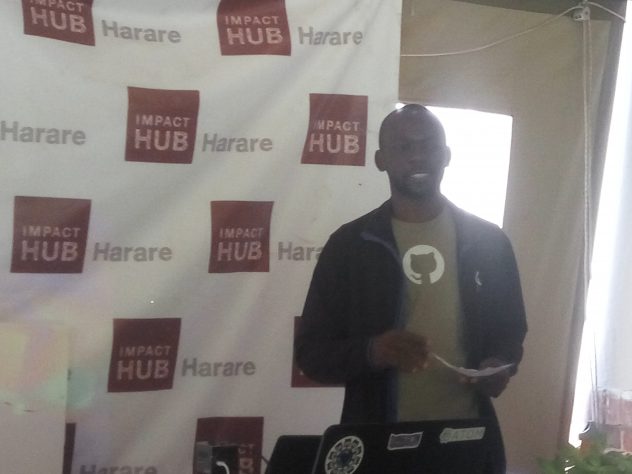
The first talk of the day was given by Charles Katuri. Charles gave a talk entitled “Hosting options for Python Web Applications in Zimbabwe”.
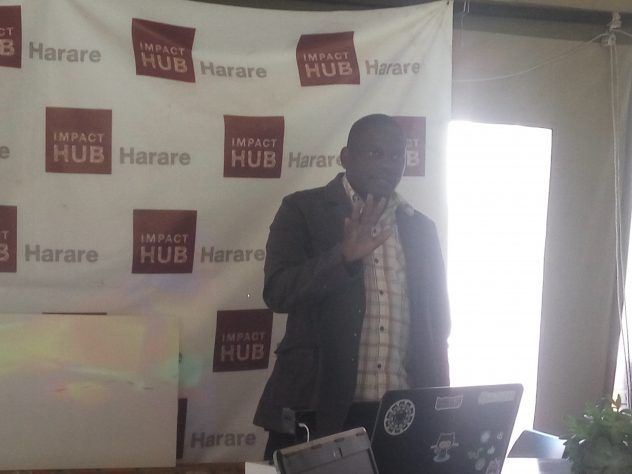
This talk was a timely talk because it covered ways around one of the biggest hurdles faced by most Python developers in Zimbabwe: deployment. Zimbabwe has a serious cash flow problem. This problem makes it difficult for local developers to host Python applications outside the country. Charles gave a summary of four ways to deploy Python web applications and also gave the advantages and cons of each method. The four hosting options he talked about are:
1) self hosting
2) shared hosting
3) using a VPS and
4) using containers and services like Heroku
The next talk was given by Tendai Marengereke and was about “Developing Rest APIs with Django Rest-Framework”.
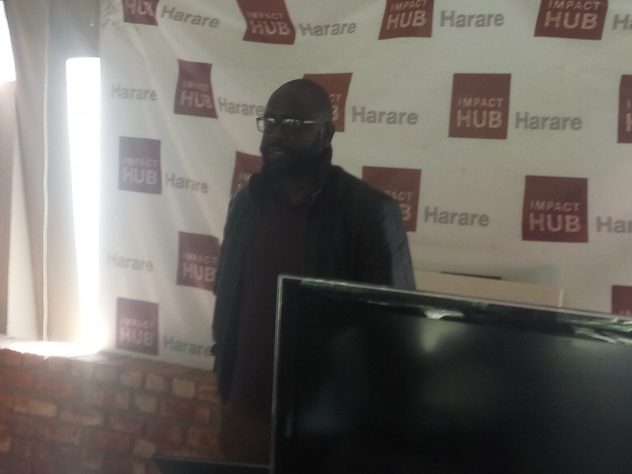
In this talk, Tendai explained how the web works and gave us a good summary of HTTP responses and requests. Tendai highlighted the difference between REST and SOAP and also touched on JSON and routing in the Django Rest Framework.
The Django App used in this talk can be found in Tendai’s GitHub.
Tendai’s talk was followed by a talk by Kudzai Chasinda on “Django Rest Framework and Swagger, A combination made for Production”.
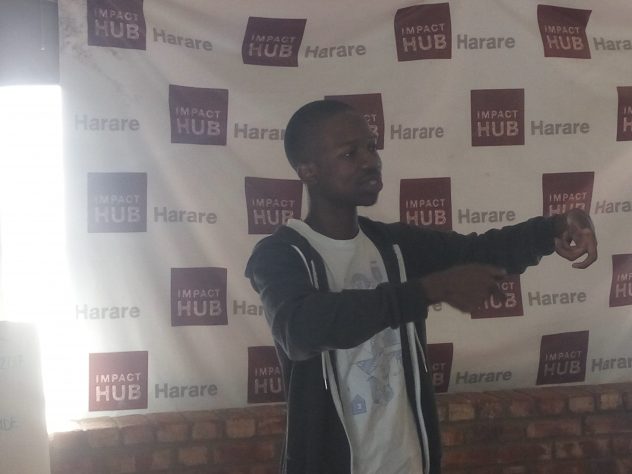
Swagger is an open source framework that helps developers design, build, document and consume RESTful Web services. In the talk, Kudzai explained what swagger is, how to get it and also highlighted some of its features.
The code from his talk is available on his GitHub.
The last talk of the day was given by Masimba Maregedze on “Understanding Python as a language for now and the future generation: Build utility application”.
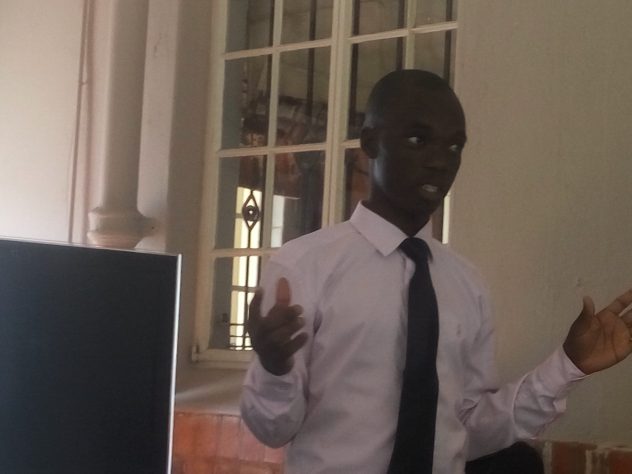
Masimba talked about the benefits of using Python and the advantages it has over languages like PHP. Masimba runs a web hosting business and most of the questions he got from the audience after his talk were on web hosting and his business.
The speakers each got a copy of the book Two Scoops of Django as a thank you gift. After the talks were over, we all had drinks, pizza and a good time.
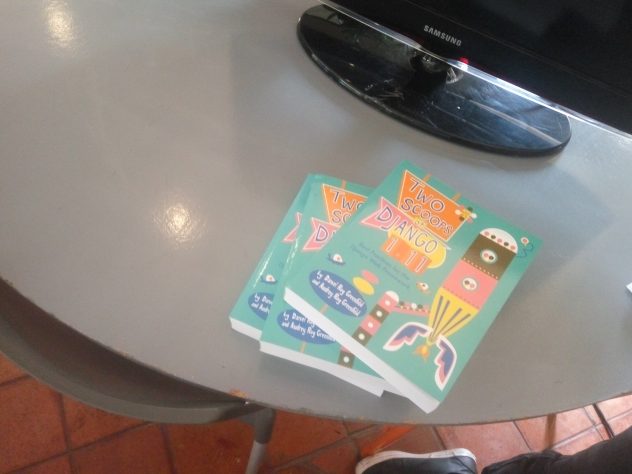
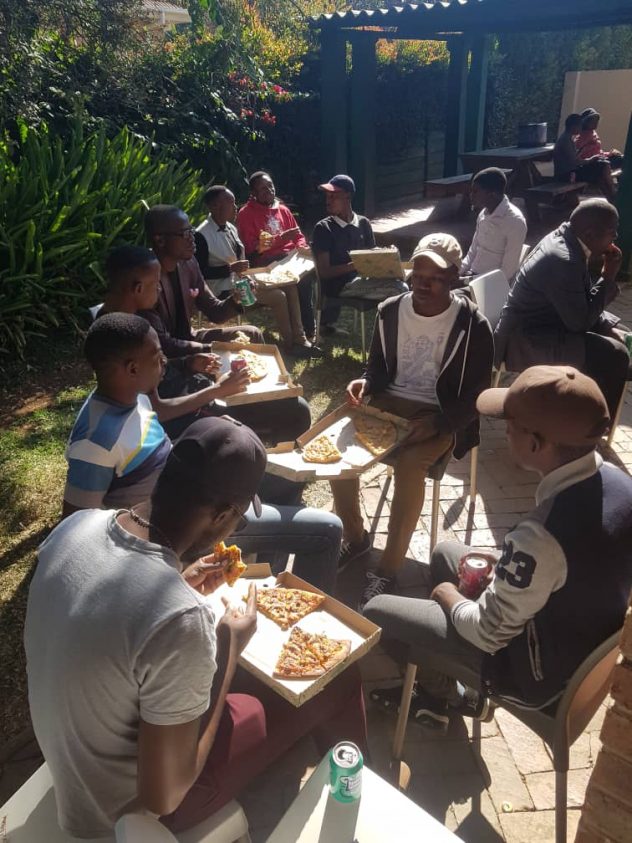
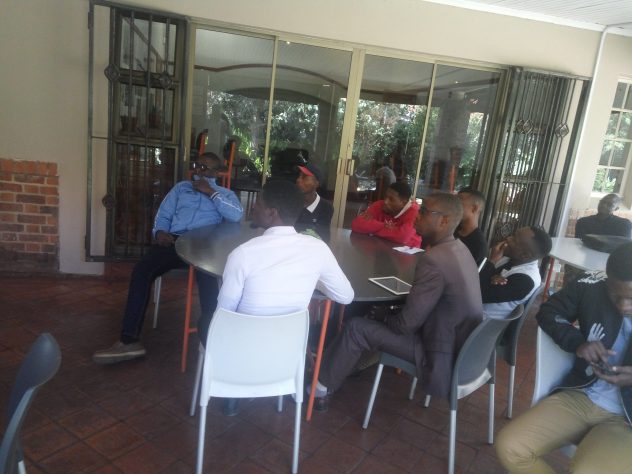
I had a wonderful time at the Django Indaba, what I enjoyed the most was reconnecting with people I met at Pycon last year and also meeting other developers from our growing Python community. I was disappointed that only two women attended the event. Since this was the first event of it’s kind, it is possible that it didn’t get as much marketing and exposure as it deserved which could explain the low turnout of female devs in our community. I hope to see a difference in the next event.
